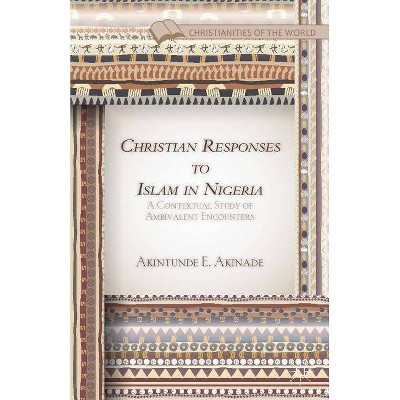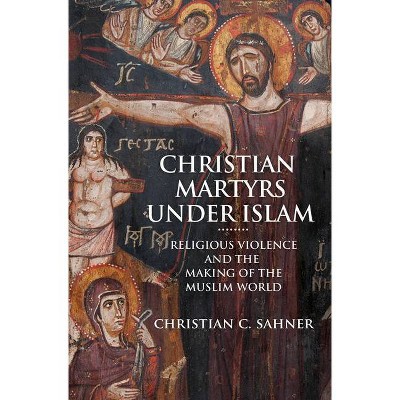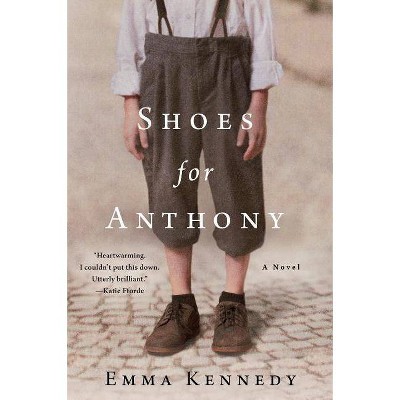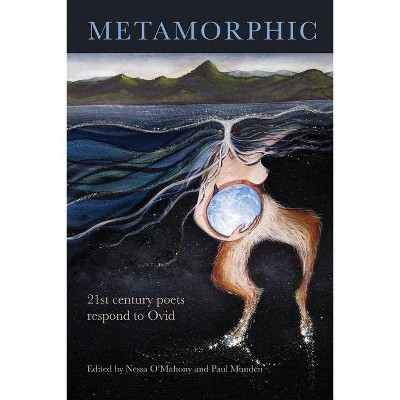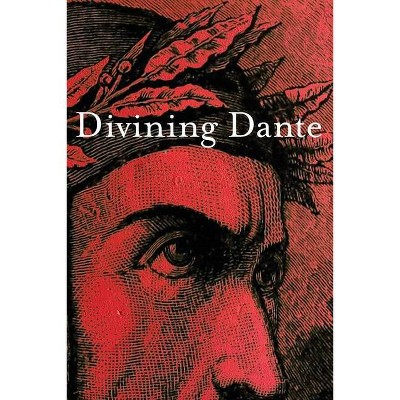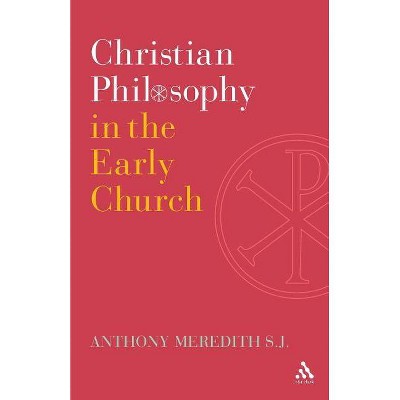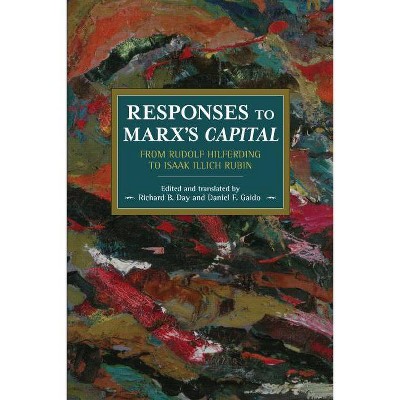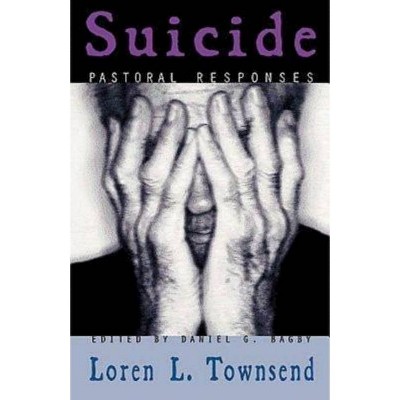Christian Responses to Islam - by Anthony O'Mahony & Emma Loosley (Paperback)
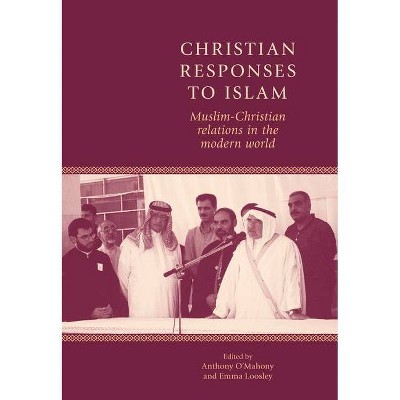
Similar Products
Products of same category from the store
AllProduct info
<p/><br></br><p><b> About the Book </b></p></br></br>This is the only book currently on the market that attempts to construct a global perspective of Christian-Muslim interaction in a post-9/11 world.<p/><br></br><p><b> Book Synopsis </b></p></br></br>In the aftermath of 9/11 there has been much talk of a need to engage on a meaningful level with Islam, but where do we begin and what is the right approach? This book, available in paperback for the first time, looks at case studies from around the world in order to explore how Christian<br>groups, sometimes as minorities and sometimes as the majority, engage with their Muslim neighbours in the search for a peaceful society. Some of the initiatives are politically motivated, others run by Church authorities and a number are community based, but all offer different approaches to a<br>variety of situations that are encountered in Christian-Islamic dialogue. <p/>This is the first time that global strategies for dialogue have been published in one book by a series of leading academics. Whilst previous publications have concentrated on a particular geographical area, usually the Middle East or Europe, this book casts a wider net and considers issues such as<br>the rise of radical Islam in post-Soviet states, Indonesian immigration in Australia and the spread of Islam amongst the Black South Africans after the fall of apartheid. <p/>Scholars and all those interested in politics, current affairs, religion or peace studies will find this book essential reading as a guidebook to the state of contemporary Christian-Islamic relations.<br><p/><br></br><p><b> From the Back Cover </b></p></br></br>In the aftermath of 9/11 there has been much talk of a need to engage on a meaningful level with Islam, but where do we begin and what is the right approach? This book, available in paperback for the first time, looks at case studies from around the world in order to explore how Christian groups, sometimes as minorities and sometimes as the majority, engage with their Muslim neighbours in the search for a peaceful society. Some of the initiatives are politically motivated, others run by Church authorities and a number are community based, but all offer different approaches to a variety of situations that are encountered in Christian-Islamic dialogue. This is the first time that global strategies for dialogue have been published in one book by a series of leading academics. Whilst previous publications have concentrated on a particular geographical area, usually the Middle East or Europe, this book casts a wider net and considers issues such as the rise of radical Islam in post-Soviet states, Indonesian immigration in Australia and the spread of Islam amongst the Black South Africans after the fall of apartheid. Scholars and all those interested in politics, current affairs, religion or peace studies will find this book essential reading as a guidebook to the state of contemporary Christian-Islamic relations.<p/><br></br><p><b> Review Quotes </b></p></br></br><br><br>Rich in content and opens vistas on larger issues and therefore deserves careful and considerate reading'. -- Ataullah Siddiqui, Markfield Institute of Higher Education; The Muslim World Book Review, 29.3, 2009<p></p><br><br><p/><br></br><p><b> About the Author </b></p></br></br><br>Anthony O'Mahony is Director of the Centre for Christianity and Interreligious Dialogue at Heythrop College, University of London<br>
Price History
Price Archive shows prices from various stores, lets you see history and find the cheapest. There is no actual sale on the website. For all support, inquiry and suggestion messagescommunication@pricearchive.us
